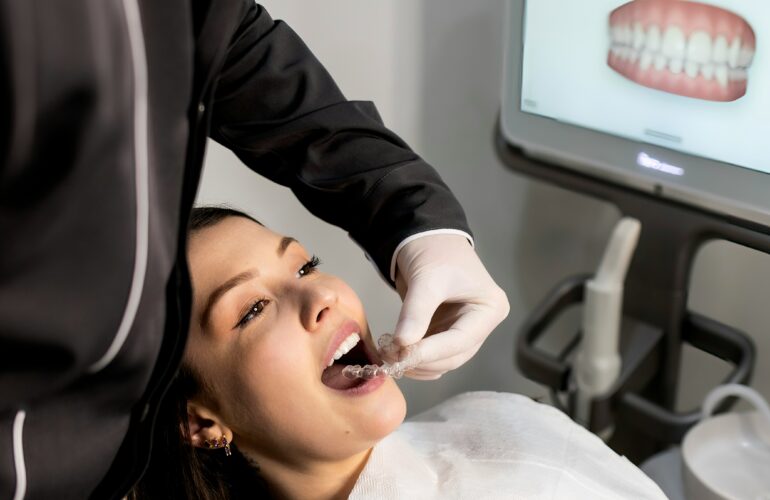In the evolving landscape of healthcare, the practice of genetic testing is transforming how we approach dental care. By integrating genetic information into dental practice, we can personalize treatment plans and predict susceptibility to various dental and systemic conditions. This fusion of genetics and dentistry not only enhances patient outcomes but also paves the way for more proactive and preventative care.
The Role of Genetic Testing in Dentistry
Genetic testing involves analyzing an individual’s DNA to identify genetic variations that may influence their health. In dentistry, this approach is being increasingly utilized to tailor dental care to each patient’s unique genetic profile. For example, genetic tests can reveal predispositions to conditions such as periodontal disease, dental caries, and even oral cancers. Understanding these genetic risks allows dental professionals to create customized treatment and prevention plans that address individual needs more effectively.
Predicting Susceptibility to Dental Conditions
One of the significant benefits of genetic insights is the ability to predict susceptibility to specific dental conditions. For instance, certain genetic markers are associated with a higher risk of developing periodontal disease, which is a common issue affecting gum health. By identifying these markers early, dentists can implement targeted preventative measures, such as more frequent cleanings or specific oral hygiene instructions, to mitigate the risk and manage the condition before it progresses.
Similarly, genetic predispositions to dental caries can be assessed through genetic testing. Individuals with certain genetic variations may be more prone to cavities due to factors such as enamel strength or salivary composition. By recognizing these risks, dental professionals can recommend personalized fluoride treatments, dietary adjustments, and other preventive strategies to help reduce the likelihood of caries development.
Personalized Treatment Plans
Genetic insights also play a crucial role in personalizing treatment plans. For example, genetic testing can identify patients who may have a slower or faster healing response to dental procedures. This information allows dentists to adjust their approach, whether it’s choosing more effective pain management strategies or modifying post-operative care protocols.
In orthodontics, genetic testing can provide valuable information about how teeth are likely to move and respond to treatment. By understanding an individual’s genetic predispositions, orthodontists can design more effective and customized treatment plans, potentially reducing treatment time and improving overall results.
Integrating Genetic Information into Preventive Care
Preventive care is one of the most significant areas where genetic insights can make a difference. By identifying genetic risk factors for dental conditions, dentists can offer tailored preventive strategies that go beyond standard recommendations. This might include personalized advice on oral hygiene practices, customized dietary guidelines, or specific products designed to address individual risk factors.
For example, if a genetic test indicates a higher risk of developing oral cancer, patients might be advised to undergo more frequent screenings and adopt lifestyle changes that can reduce their risk. Similarly, those with a genetic predisposition to gum disease might benefit from enhanced oral hygiene routines and regular monitoring.
The Future of Genetic Insights in Dentistry
As technology advances, the integration of genetic insights into dental care is expected to become even more sophisticated. Advances in genomic research and bioinformatics will continue to enhance our understanding of the genetic factors influencing dental health. In the near future, we can anticipate more refined genetic tests, improved predictive models, and even greater personalization in dental care.
In conclusion, the incorporation of genetic insights into dentistry represents a groundbreaking shift towards more personalized and proactive care. By leveraging genetic information, dental professionals can predict susceptibility to conditions.
Contact us for tailored treatment plans, and enhanced preventive strategies for a more personalized approach to dental health. Embracing these advancements not only improves individual care but also sets the stage for a new era of precision dentistry.





Your writing is like a breath of fresh air in the often stale world of online content. Your unique perspective and engaging style set you apart from the crowd. Thank you for sharing your talents with us.
Well done! This article provides a lot of value.
I love how you addressed this issue. Very insightful!
I found this very helpful and will be sharing it with my friends.